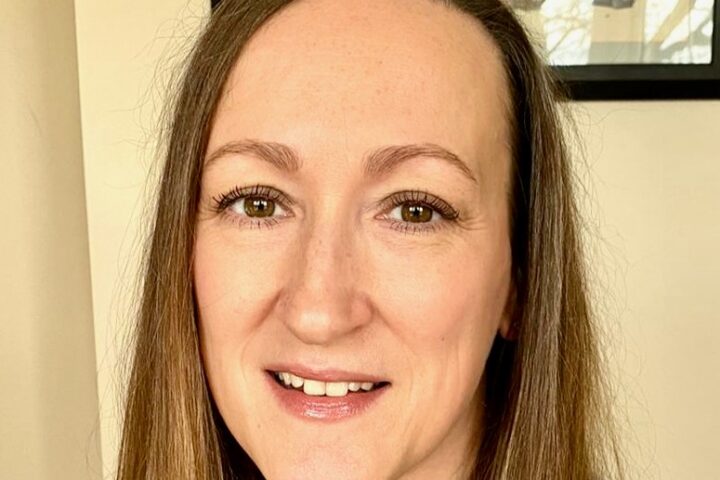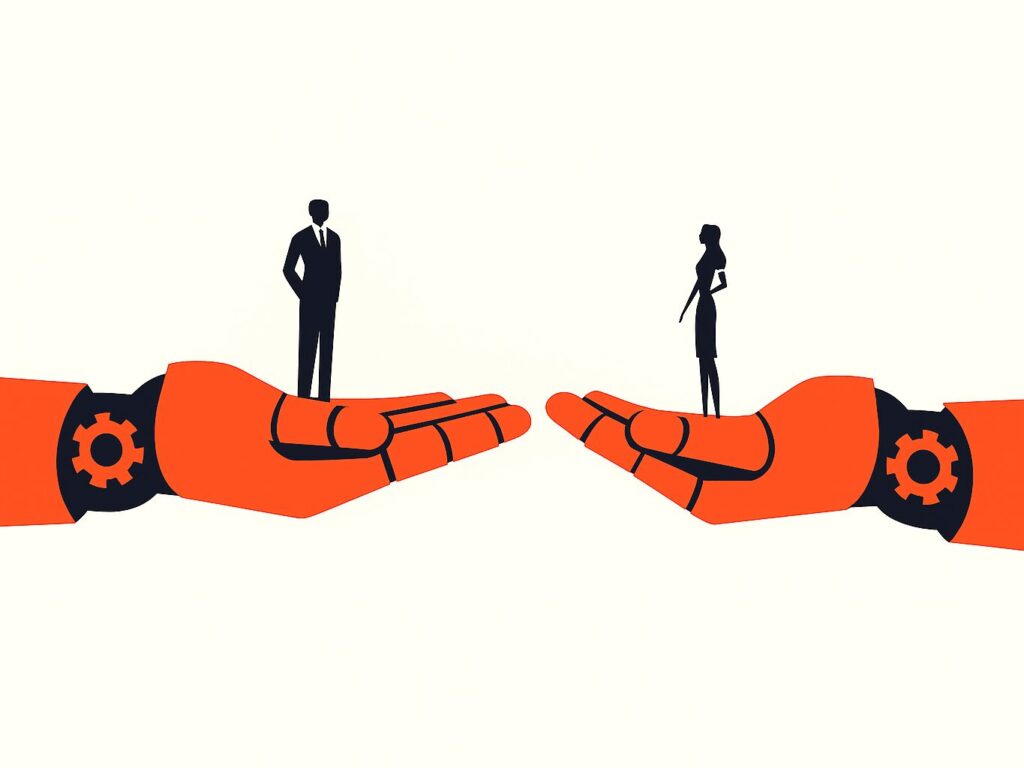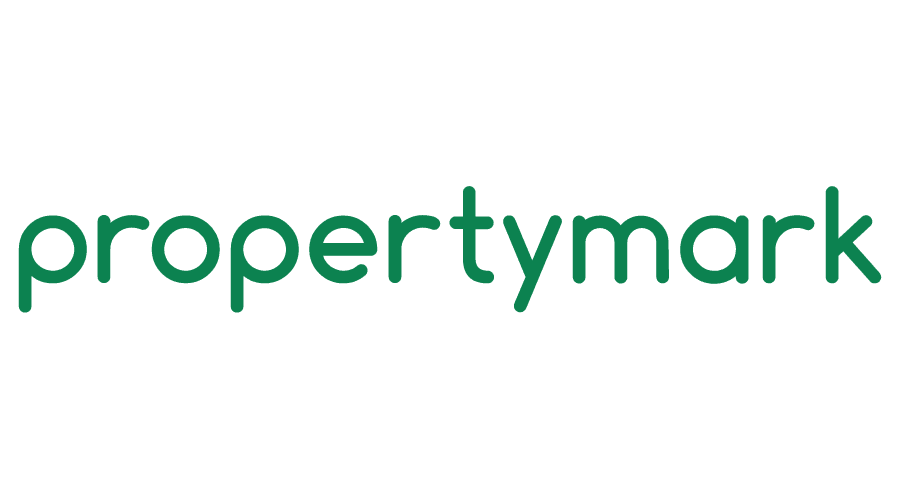A survey by Endometriosis UK and Ciphr found that most managers are not prepared to talk about endometriosis and menstrual health at work.
Only 16% of HR professionals said their line managers had the right training and resources to support people with menstrual health issues, falling to 13% for endometriosis.
Just 11% of employers had a menstrual health policy, compared to 57% with mental health policies and 48% with peri/menopause policies.
Most workplaces (89%) had flexible working options in place, which can help some people with endometriosis.
Few employers recorded how many staff had diagnosed or suspected menstrual health conditions, with only 21% doing so.
Free period products were not provided by 29% of employers, and 3% did not know if they were supplied.
Only 18% of employers with uniforms asked if staff needed adjustments.
This was seen as important as people with endometriosis may need different clothing due to heavy periods or bloating.
Julie Burns, endometriosis friendly employer scheme manager at Endometriosis UK, said: “We know that there are many HR professionals already putting in place the right measures to enable those with endometriosis to feel valued, be productive and contribute to their organisation’s success – but as a charity we also hear stories of women and those assigned female at birth treated unfairly or without sympathy, forced to change careers or abandon their ambitions, because of the disease.
“We hope HR professionals recognise that providing support to the estimated 1.5m in the UK with endometriosis is in their interests.
“Doing so will not only enable that community to achieve their potential, but it sends a message to your wider team that they are valued and can expect support and reasonable adjustments.”
Claire Hawes, chief people and operations officer at Ciphr, said: “It’s concerning that these results reveal such a wide gap in organisational awareness and readiness to support employees living with endometriosis and other menstrual health conditions.
“When managers are perceived as unapproachable or ill-equipped to respond with empathy and understanding, organisations risk sidelining the needs of a significant part of their workforce.
“HR teams have a vital role to play in changing this. Managers must be empowered to support their people holistically; not just in terms of performance and KPIs, but in their health and wellbeing too.”
Hawes added: “That means investing in training, implementing flexible policies, signposting resources, and fostering open, compassionate conversations about health.”
Ann Allcock, head of diversity at Ciphr, said: “This important research shines a light on the reality of workplace challenges experienced by employees with endometriosis or other menstrual health issues.
“As with other sex- or gender-based topics or conditions that have long been considered ‘personal’, lack of awareness, embarrassment and/or indifference are still the norm in many workplaces, resulting in inequity and wasted talent.
“But the individual and organisational impacts can’t be ignored, and employers must ensure that their policies, training and culture will enable, rather than frustrate, manager actions to support those affected.”
Sanchia Alasia, trustee of Endometriosis UK and a senior HR professional, said: “My personal and professional experience shows me that a little bit of flexibility can go a really long way.
“Those with endometriosis need to know that if they have a flare-up or need to attend a medical appointment, that they can tell a manager and be believed and understood, rather than judged.
“That flexibility needs to be there both in the culture of an organisation, but also in the policies that line managers turn to.”
Alasia added: “Ultimately, line managers need clarity, and all sorts of employees may need that flexibility at some time or another, regardless of whether they have endometriosis, another medical condition, or other particular circumstances impacting them.”
















